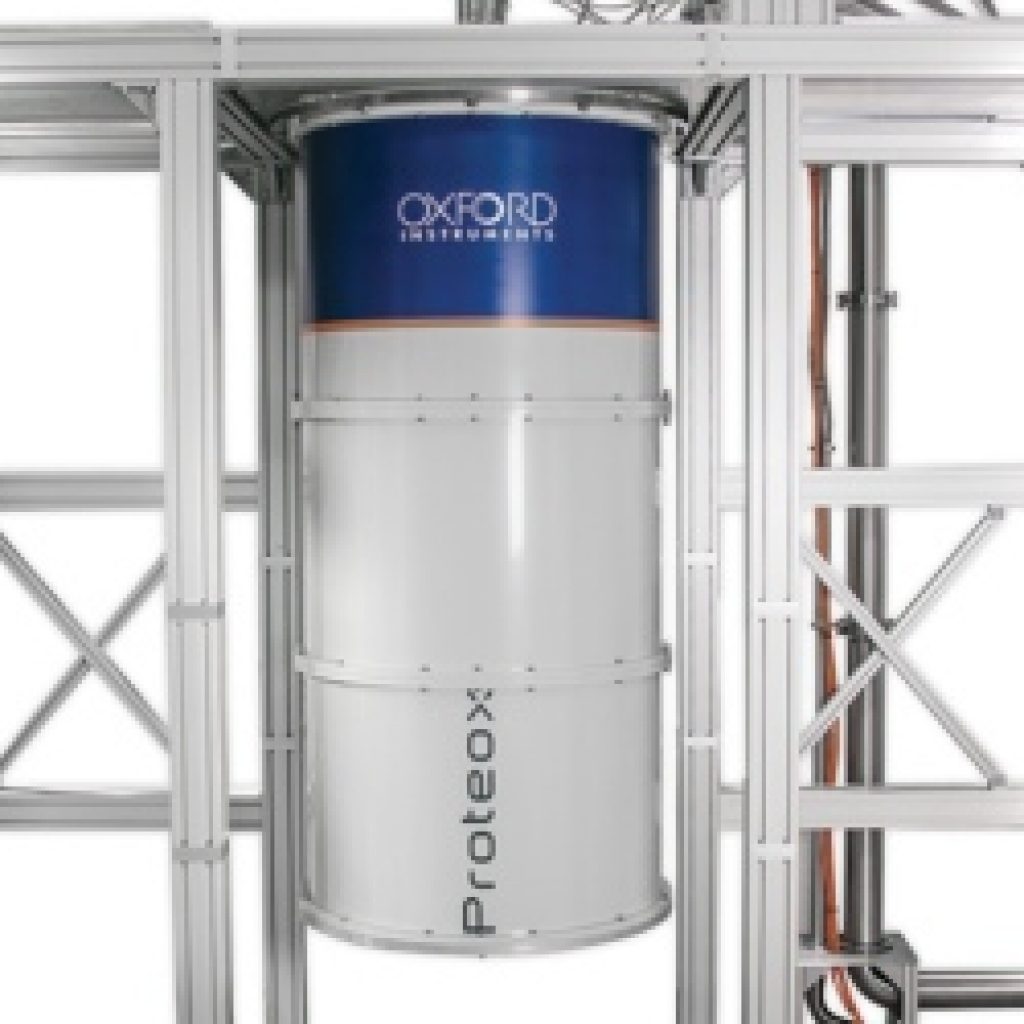(PhysicsWorld) Oxford Instruments NanoScience is partnering in a three-year project to create and develop the UK’s first quantum computer capable of running end-user applications in the cloud.
The UK-based manufacturer of specialist scientific equipment, including the state-of-the-art dilution refrigerators needed to operate quantum systems and other condensed-matter experiments at ultralow temperatures, is part of a consortium that is seeking to deliver a quantum computer that will start running the first end-user applications by the beginning of 2022.
The consortium, backed by a £10m investment that includes funding from the UK government’s Quantum Technologies Challenge, is headed by Rigetti Computing. Headquartered in Berkeley, California, Rigetti has built a series of quantum processors based on superconducting quantum circuits that customers can program via a cloud-based platform. The latest version – the Aspen-9, which was first deployed in February – incorporates 32 qubits, and in this project the company aims to scale up the design still further.
As well as hosting the hardware installation, Oxford Instruments is responsible for delivering and installing the latest version of its Proteox family of dilution refrigerators, the ProteoxLX, which has been designed to provide the capacity and cooling power needed to operate large-scale quantum computers. Meanwhile, three other partners in the consortium are focused on developing quantum software and applications. The University of Edinburgh is developing new ways to test quantum hardware and the performance of quantum algorithms, and is also working with Standard Chartered Bank to advance quantum-based machine learning applications for the finance sector. The fifth partner, start-up company Phasecraft, is using its expertise in quantum software to develop near-term applications in materials design, energy and pharmaceuticals.
Oxford Instruments NanoScience Partnering in Collaboration to Build UK’s First Commercial Quantum Computer
